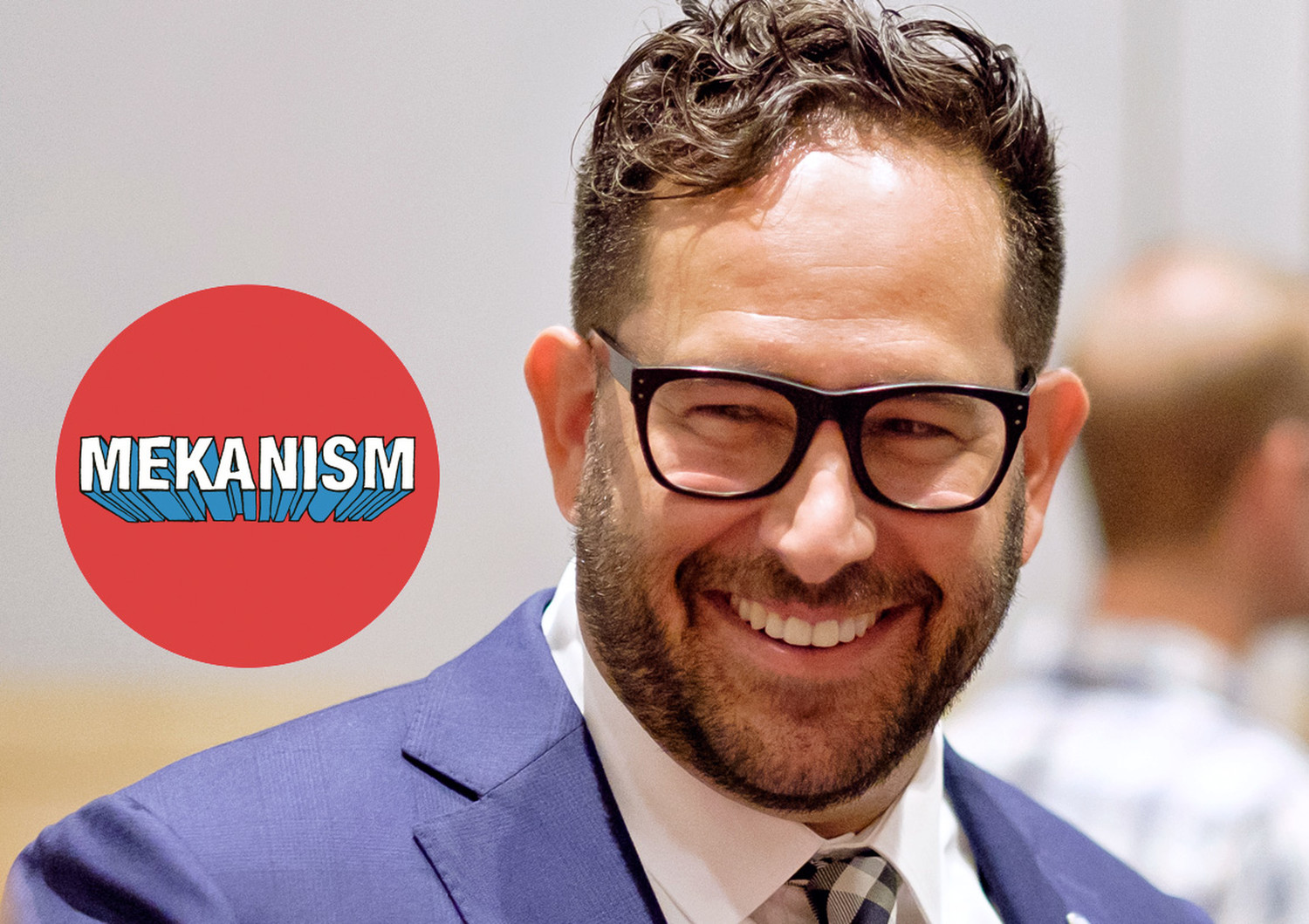When 9-year-old Raiquan Thomas sang Boyz 2 Men’s “A Song for
Mama” for a Mother’s Day celebration at his local Boys & Girls Club in
Portsmouth, Virginia, he brought the audience to tears. “I didn’t know I could
sing that well. I was shocked,” he says. But the experience didn’t focus him on
a serious music career.
That would come later.
Throughout middle school and into high school, Thomas kept
singing, played in the band and “learned what music was.” His musical
aspirations were tied to thoughts of being a rhythm-and-blues singer.
It was JMU alumna Susan Heely (’75), his high-school chorus
teacher, who encouraged Thomas to sing classical music and audition for the
Governor’s School for the Arts. “I was scared,” Thomas recalls. The prestigious
school attracted young people who were totally unlike his neighborhood friends.
He remembers going to the audition, looking at the pool of talent and saying to
himself, “I’m different from these people.”
The judges saw a difference in Thomas as well, but it was
his exceptional talent that caught their attention. His audition won him an
immediate invitation to enroll in the school. “They took me in a semester
early,” he says. “I didn’t know how big this was — that I was embarking on a crazy
journey.”
Thomas admits to being intimidated by the opportunity. “When
the director of the program gave me an opera score, I said, ‘I’m not an opera
singer,’ and he told me, ‘Yes, you are.’”
Another Madison alumna, Shelly Milam-Ratliff (’06), was
Thomas’ voice teacher at the governor’s school. “Without her, I would not be
here,” he says.
Impressed by the quality of the Madison alumnae who had
coached and trained him, Thomas was drawn to consider JMU’s undergraduate music
program. “When I met [voice professor] Kevin McMillan, it clicked. I’m supposed
to be here,” he says.
He credits McMillan with grooming his raw talent for singing.
“He has taught me how to sing. We’re constantly working on the voice. He knew
what I could do, but I didn’t know what I could do. Today, there’s a big
difference in my voice because he taught me how to manage it.”
A typical day for Thomas encompasses classes in music
history, theory, piano and opera, and serving as music director of the a cappella
group JMU Overtones and as bass scholar at Emmanuel Episcopal Church in
Harrisonburg.
“At many conservatories, there is an extremely competitive
environment,” he acknowledges. “But at JMU there’s an atmosphere of support, a
desire for everyone to get opportunities. It has helped me grow as an artist,
concentrating on my craft, not on the competition.”
The first of his family to attend a four-year college,
Thomas is thankful for the scholarship support he has received at Madison. “Having
that makes me work 10 times harder. I want to make a difference. It’s an
amazing gift.”
His advice to others: “Work hard, stay humble. You never
know what opportunities may come your way.”
Thomas’ opportunities have been life-changing. “I know where
I come from. Portsmouth. My past. My dad sold drugs, made unnecessary mistakes,
and was shot and killed by a police officer in a high-speed chase. … I can’t
act out of anger. I can’t treat it as an excuse. If you let it hold you down,
you’ll sit in the same place forever.”
Instead, he pays it forward. “I want to inspire young people
in similar situations growing up without a father. When I worked at the Boys
& Girls Club, I told kids they could do the same thing. They just had to keep
an open mind to get past the struggles.”
After graduation, Thomas plans to go on to graduate school.
His dream is to sing at the Metropolitan Opera House one day.
For now, Thomas is thriving in Madison’s vibrant and supportive atmosphere.
“JMU is different. Dukes stick together. There is always
someone to support you. People will help out whenever they can. It’s like
another world.
“People will open the door for you and hold it till you get there.”
